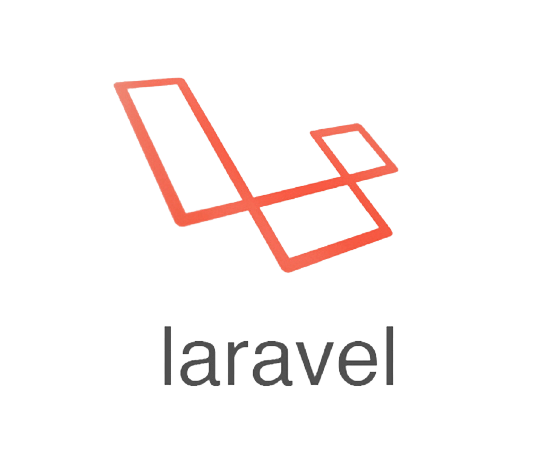Laravel is a free, open-source PHP web application framework intended for the development of web applications following the model–view–controller architectural pattern and based on Symfony.

Price Calculator
Data Centers Around the Globe

Frequently Asked Questions
Here are the essential system requirements for deploying Laravel:
Operating System:
Linux: Preferred for compatibility and performance. Most distributions work well, including Ubuntu, Debian, CentOS, Red Hat, Fedora, and others.
Windows: Supported, but some features might have limitations or require extra configuration.
macOS: Can be used for development but not ideal for production environments due to software compatibility and server administration challenges.
Hardware:
CPU: Modern 64-bit processor recommended for optimal performance.
RAM: Minimum 1GB, but 2GB or more is ideal for smoother performance and handling multiple users.
Storage: Minimum 10GB for Laravel installation and project files, plus space for databases and logs. Larger projects may require more storage.
Network: Stable internet connection if hosting websites or web applications.
Software:
Web Server: Apache or Nginx are the most common choices.
PHP Version 7.3 or higher is required, with 8.0 or above recommended for optimal performance and security.
For more detailed information, refer to the official Laravel documentation.
Laravel, a PHP web application framework, is known for its elegant syntax, developer-friendly features, and robust ecosystem. Here are common use cases for Laravel:
Web applications, e-commerce platforms, social networking platforms, content management systems (CMS), customer relationship management (CRM) systems, enterprise resource planning (ERP) systems, API development, real-time applications, educational platforms and learning management systems (LMS), job boards, blogs and publishing platforms, forums and discussion boards, booking and reservation systems, and survey and feedback systems.
While Laravel is powerful and popular, several alternatives offer distinct advantages for different scenarios. Here are some popular Laravel alternatives:
1. Full-Stack Frameworks:
Symfony: Highly secure and flexible framework based on the MVC (Model-View-Controller) design pattern. Offers high customization and powerful tools for complex enterprise applications, but has a steeper learning curve compared.
CakePHP: Convention-based framework known for its rapid development and ease of use. Great for smaller projects and prototyping, but might lack some features for complex applications.
Zend Framework: Mature and feature-rich framework with extensive documentation and enterprise-level capabilities. Can be complex to learn and deploy, especially for smaller projects.
2. Microframeworks:
Slim: Lightweight framework ideal for building simple APIs and RESTful services. Offers high performance and minimal overhead, but requires more manual code writing.
Lumen: Laravel’s official microframework built for speed and efficiency. Great for microservices and API development, but lacks some Laravel features for full-fledged web applications.
3. Other PHP Options:
CodeIgniter: Simple and efficient framework with minimal dependencies. Good for learning PHP and building smaller projects, but might lack some advanced features.
Yii: Object-oriented framework with various pre-built components and MVC architecture. Offers a balance between ease of use and flexibility.
Laravel stands out among web frameworks due to several distinctive features and approaches:
Key Differences from Other Frameworks:
Python-based frameworks: Django and Flask offer their own strengths, but Laravel’s focus on elegance and developer experience often appeals to PHP developers.
Ruby on Rails: Known for convention over configuration, but Laravel provides a more flexible approach with options for customization.
JavaScript-based frameworks: Node.js frameworks like Express.js excel in real-time applications, but Laravel provides a broader set of features for traditional web development.
Laravel primarily uses SQL (Structured Query Language) for interacting with its databases.
Here’s why Kamatera stands out as the most compelling option for Laravel hosting:
Cutting-edge hardware: Kamatera leverages Intel Xeon Platinum processors and NVMe SSD storage, guaranteeing exceptional performance for your solution.
Global network reach: With 18 data centers strategically located across four continents, Kamatera provides low-latency access to your server, regardless of your users’ geographical locations. This minimizes lag and ensures consistent performance for geographically distributed teams.
Elastic infrastructure: Kamatera’s infrastructure seamlessly scales to accommodate your growing needs. You can easily add or remove resources on-demand, without downtime or performance bottlenecks.
Industry-leading security measures: Kamatera prioritizes security by implementing data encryption, access control mechanisms, vulnerability scanning, and compliance with industry standards like PCI DSS and SOC 2.
24/7 Support: Kamatera’s dedicated support team is available 24/7 to assist you with any questions or issues you may encounter with your Laravel hosting.